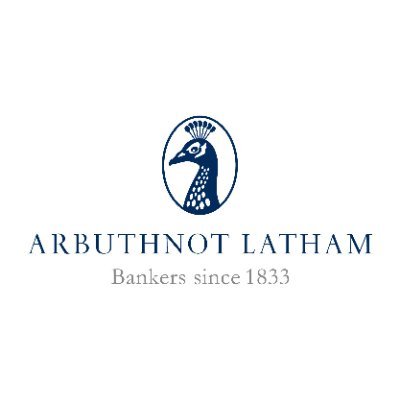We have long argued that Arbuthnot Banking Group plc (LON:ARBB) strong funding and capital position give it a competitive advantage in doing cheap deals in uncertain markets. On 10 December 2020, ABG announced the acquisition of Asset Alliance (AA), a vehicle finance and related services provider, predominantly in the truck & trailer and bus & coach markets. The expected consideration is £4.1m, against an NAV of £8.1m (with acquisition adjustments, the expected negative goodwill (an equity uplift) is £1.7m)). AA has leases with a net book value of ca.£150m. ABG expects 2021 EBITDA of £5.5m, and, with lower-cost refinancing, we expect bottom-line profitability.
- ABG’s competitive advantage: With strong capital and access to retail deposits (including the flexibility through the best-buy comparator market via Arbuthnot Direct), ABG is in a position to buy companies whose access to finance is less certain or ones who need a strong backer in uncertain times.
- Why AA: ABG has been building its SME finance business through a series of deals and team builds. AA’s customers’ markets include bus & coach finance, which will have been especially hard-hit by COVID-19. We suspect that the bank providers of credit would be looking for a material increase in their interest.
- Valuation: Our forecast scenarios, and multiple valuation approaches, see a broad range of valuations. Our base-case range is 871p to 1,652p. Our upside scenario is 1,044p to 1,918p, and our downside 783p to 1,412p. The share price is 62% of the 1H’20 NAV (1,248p).
- Risks: Short term, the impact of lower base rates is critical. Going forward, the key risk is credit. Historically, ABG has been very conservative in lending and security taken. Its financial strength means that it can take time to optimise recoveries. Other risks include reputation, regulation and compliance.
- Investment summary: Arbuthnot Banking Group offers strong-franchise and continuing-business (normalised) profit growth. Its balance sheet strength gives it a number of wide-ranging options to develop organic and inorganic opportunities. The latter are likely to increase in uncertain times. Management has been innovative, but also very conservative, in managing risk. Having a profitable, well-funded, well-capitalised and strongly growing bank priced below book value is an anomaly.








































